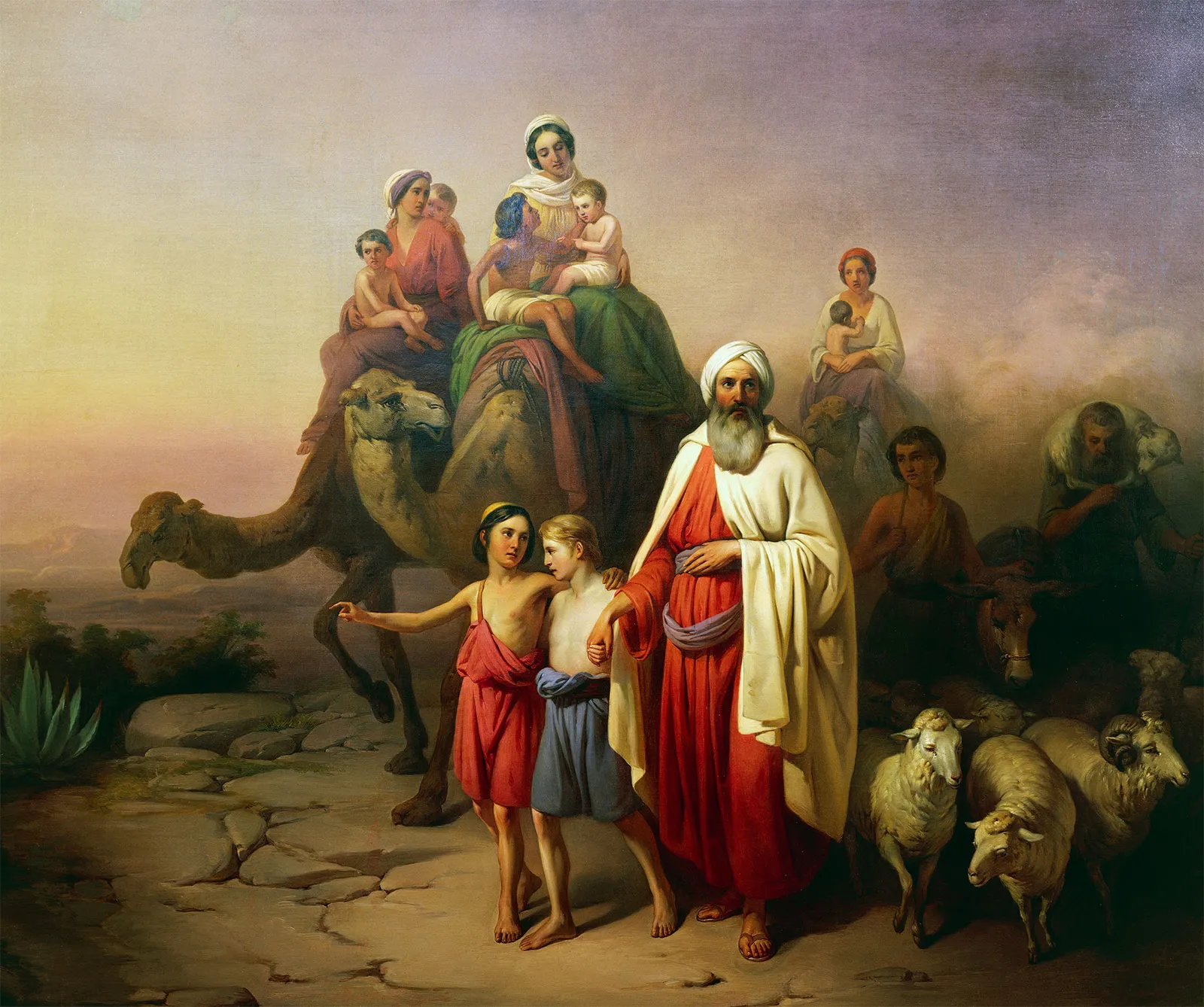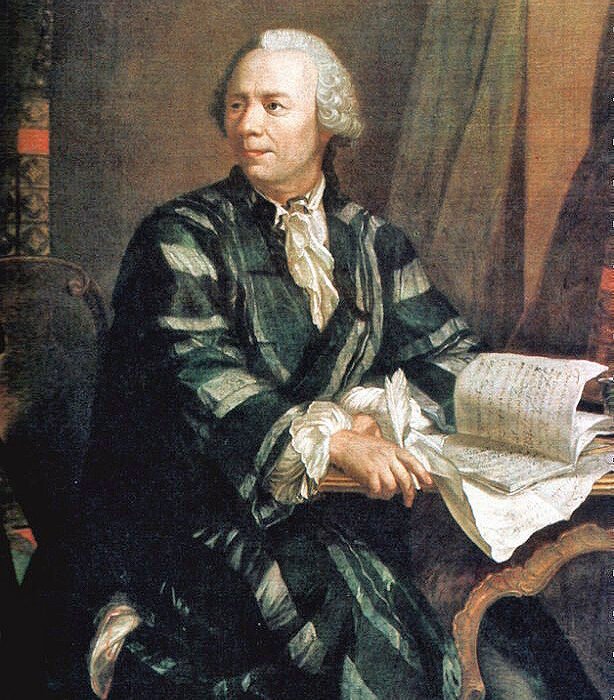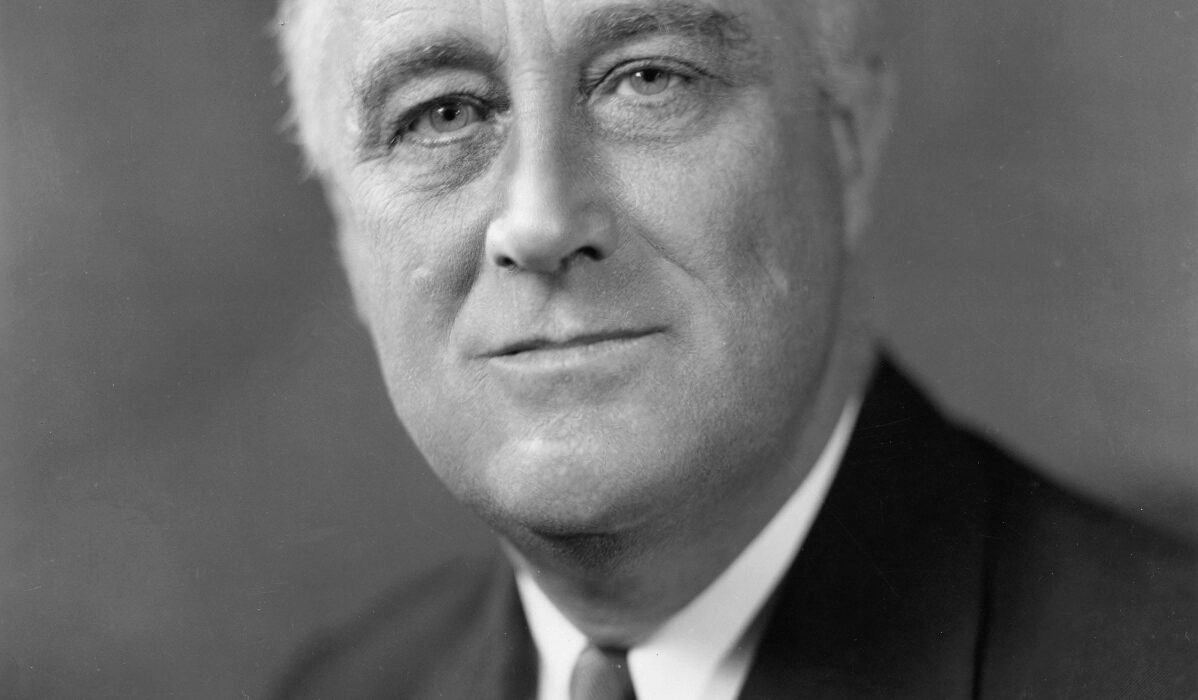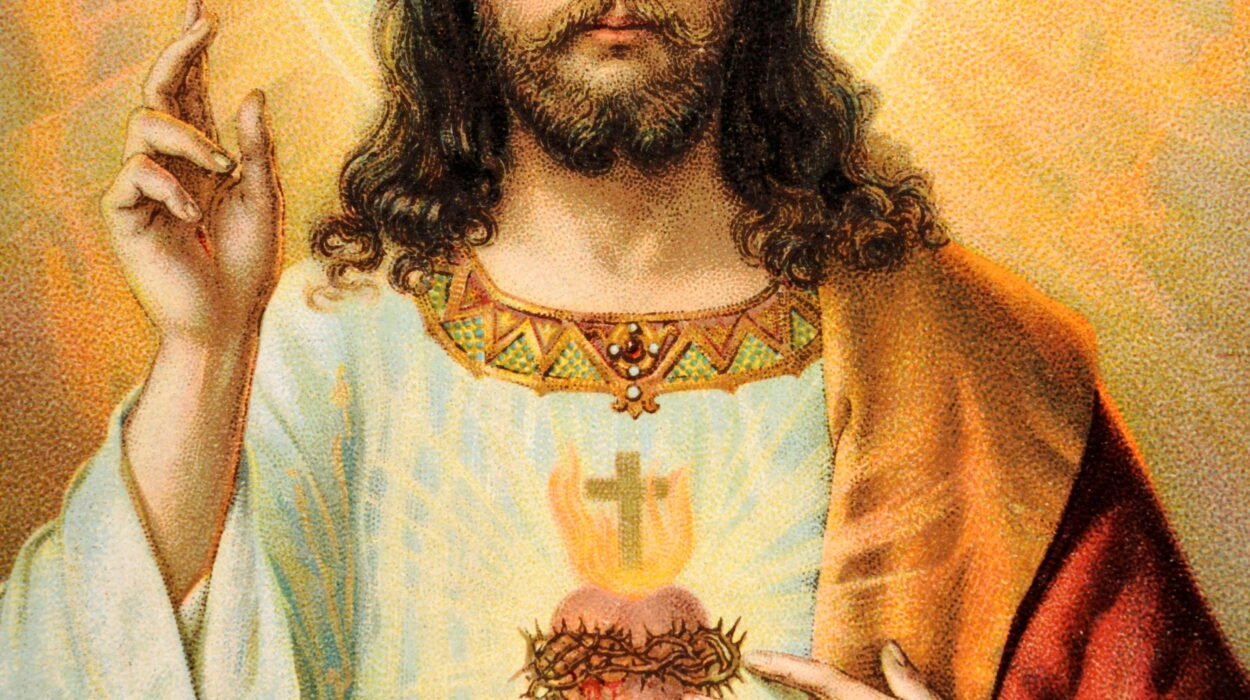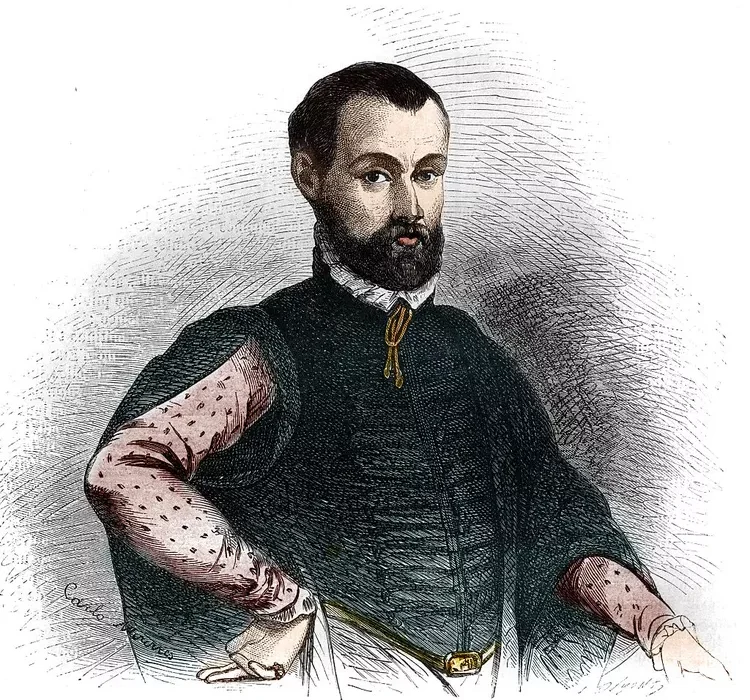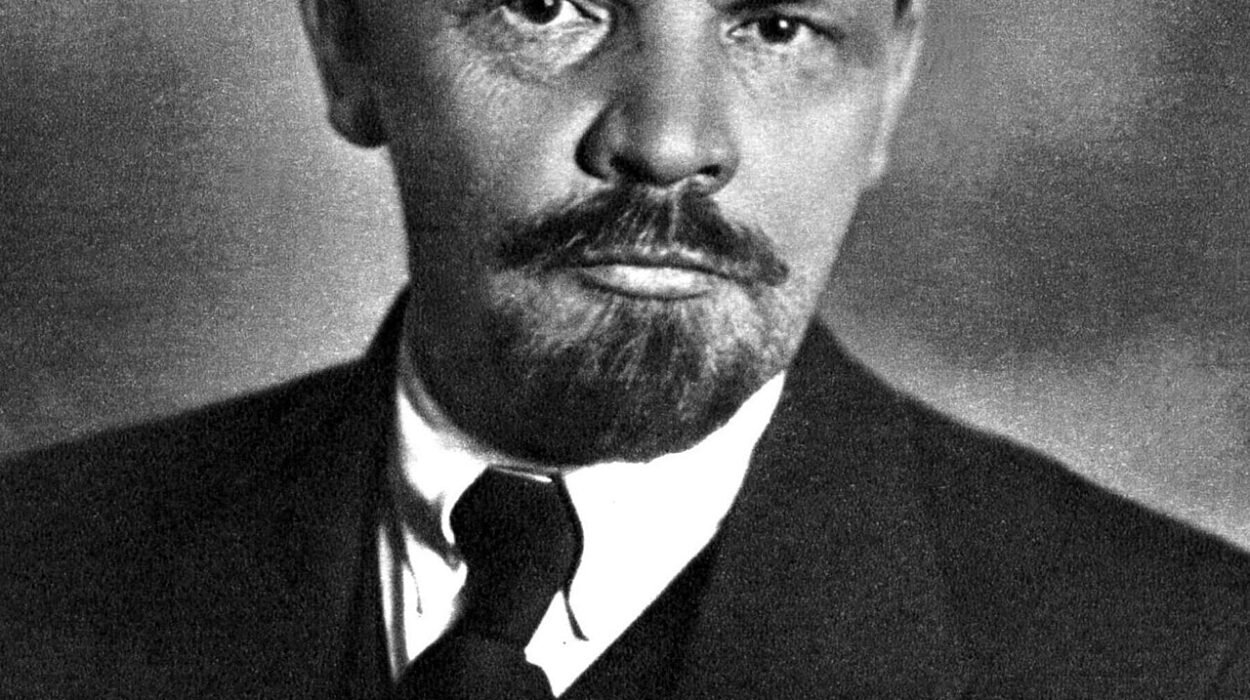Abraham is a significant figure in the religious traditions of Judaism, Christianity, and Islam, often referred to as the “father of faith.” According to the Hebrew Bible, Abraham was called by God to leave his homeland and journey to a new land, where he would become the progenitor of a great nation. He is revered for his unwavering faith, demonstrated most notably in his willingness to sacrifice his son Isaac at God’s command, a test of faith that ultimately resulted in divine intervention. In Judaism, Abraham is seen as the founding patriarch of the Israelites through his son Isaac. In Islam, he is recognized as a prophet and the ancestor of the Arab people through his son Ishmael. Abraham’s covenant with God, promising descendants as numerous as the stars, is central to his legacy, making him a foundational figure in the monotheistic faiths.
Early Life of Abraham
Abraham, originally named Abram, was born in the ancient city of Ur in Mesopotamia, a region that corresponds to modern-day Iraq. His birth is traditionally dated to around 2000 BCE, though exact dates vary. Ur was a thriving city, rich in culture and steeped in religious practices that worshipped a pantheon of gods, including the moon god Nanna. Abram was born into a family that followed these polytheistic beliefs. His father, Terah, was an idol maker, which meant that Abram grew up in an environment filled with the various idols worshipped by his people.
Despite this, Abram’s early life set the stage for a dramatic shift in religious thought. According to biblical tradition, even as a young man, Abram began to question the practices of his time. He was said to have recognized the folly in worshipping idols and believed that there was only one true God who created the heavens and the earth. This monotheistic belief was radical in a society dominated by polytheism. Abram’s early recognition of one God set him apart from his contemporaries and would later become the cornerstone of the covenant that God would establish with him.
Abram’s family eventually left Ur and settled in the city of Haran, located in what is now southeastern Turkey. It was in Haran that Abram received his first divine call. The Bible recounts that God spoke to Abram, instructing him to leave his homeland, his relatives, and his father’s household to go to a land that God would show him. This call was significant because it required Abram to leave behind everything he knew, including the security of his family and the familiar religious practices of his ancestors.
At this point, Abram was already seventy-five years old, an age when most people would have been settled and resistant to change. However, Abram’s faith and obedience were evident from the beginning. He accepted God’s call without hesitation, taking his wife Sarai, his nephew Lot, and all their possessions, and setting out for the land of Canaan. This journey marked the beginning of a life of faith and wandering, as Abram followed God’s guidance into an unknown future.
The decision to leave Haran and embark on this journey was a defining moment in Abram’s life. It was an act of faith that demonstrated his unwavering trust in God, despite the uncertainties ahead. This journey to Canaan would not only shape Abram’s life but also lay the foundation for the future of the Israelites and, ultimately, the development of the Abrahamic faiths.
The Covenant with God
One of the most pivotal events in Abraham’s life was the establishment of the covenant with God. After Abram’s arrival in Canaan, God appeared to him and promised that He would give this land to Abram’s descendants. This promise was significant because, at that time, Abram and Sarai were childless, and Sarai was considered barren. Despite the improbability of the promise, Abram believed God and continued to trust in His word.
The covenant was formally established in a ritual described in the Book of Genesis. God instructed Abram to prepare a sacrifice of specific animals, which Abram then divided in two. As the sun set, a deep sleep fell upon Abram, and God revealed to him that his descendants would be strangers in a foreign land, where they would be enslaved for four hundred years. However, God also promised that He would judge the nation that enslaved them, and Abram’s descendants would leave that land with great possessions.
In the midst of this vision, a smoking firepot and a blazing torch passed between the pieces of the sacrificed animals, symbolizing God’s presence. This ritual signified the binding nature of the covenant, with God pledging to fulfill His promises to Abram and his descendants. The covenant included three main promises: the promise of land (Canaan), the promise of descendants as numerous as the stars in the sky, and the promise that Abram’s descendants would be a blessing to all nations.
Following this covenant, God changed Abram’s name to Abraham, meaning “father of many,” and Sarai’s name to Sarah, meaning “princess.” These name changes were symbolic of the new identity and purpose that God had bestowed upon them. God also instituted the rite of circumcision as a physical sign of the covenant. Every male in Abraham’s household, including himself and his future descendants, was to be circumcised as a perpetual reminder of their unique relationship with God.
The covenant with God was not just a promise of blessings but also a call to a life of faith and obedience. Abraham’s faith was continually tested, but he remained steadfast in his trust in God. The covenant marked the beginning of the special relationship between God and the people of Israel, with Abraham as their patriarch. This covenantal relationship would have profound implications for the history of the Israelites and the development of the Abrahamic religions.
The Birth of Isaac and the Test of Faith
One of the most dramatic and defining episodes in Abraham’s life was the birth of his son Isaac and the subsequent test of his faith. Despite God’s promise that Abraham would father a great nation, Sarah remained barren for many years. In their old age, Abraham and Sarah began to doubt whether they would ever have a child together. In a moment of doubt, Sarah suggested that Abraham have a child with her maidservant Hagar, a common practice in ancient times when a wife was unable to bear children.
Hagar bore Abraham a son named Ishmael, and for a time, it seemed as though Ishmael might be the fulfillment of God’s promise. However, God had other plans. When Abraham was one hundred years old and Sarah was ninety, God visited them and announced that Sarah would indeed bear a son, despite her advanced age. This announcement was met with incredulity by Sarah, who laughed at the idea of having a child in her old age. Nevertheless, God’s promise was fulfilled, and Sarah gave birth to Isaac, whose name means “laughter,” reflecting the joy and surprise of his birth.
Isaac’s birth was a significant event because it reaffirmed God’s covenant with Abraham. Isaac was the child through whom God’s promises would be realized, and his birth symbolized the miraculous nature of God’s intervention in Abraham and Sarah’s lives. The birth of Isaac also created tension within the household, as Ishmael, now a teenager, was seen as a rival to Isaac’s inheritance. At Sarah’s insistence, Abraham reluctantly sent Hagar and Ishmael away, trusting in God’s promise to also make Ishmael the father of a great nation.
The ultimate test of Abraham’s faith came when God commanded him to sacrifice Isaac, the very son through whom the covenant was to be fulfilled. This command was shocking and seemingly contradictory to God’s earlier promises. Nevertheless, Abraham’s faith and obedience were unwavering. He set out with Isaac to Mount Moriah, prepared to carry out God’s command. As they ascended the mountain, Isaac, unaware of his fate, asked his father where the lamb for the sacrifice was. Abraham’s response, “God himself will provide the lamb,” reflected his trust in God, even in this most incomprehensible situation.
At the last moment, as Abraham raised the knife to sacrifice his son, an angel of the Lord called out to him, telling him not to harm Isaac. A ram caught in a thicket nearby was provided as a substitute for the sacrifice. This event, known as the Binding of Isaac or the Akedah, is one of the most profound stories of faith in the Bible. It demonstrated Abraham’s total obedience to God and his willingness to sacrifice everything, even his beloved son, for the sake of his faith. In return, God reiterated His promises to Abraham, assuring him that his descendants would indeed be as numerous as the stars and that through his offspring, all nations on earth would be blessed.
Abraham’s Later Years and Death
After the dramatic events of Isaac’s birth and the test of faith on Mount Moriah, Abraham’s life continued to be marked by faith and devotion to God. In his later years, Abraham became a wealthy and respected patriarch, living in the land of Canaan among various tribes and peoples. His wealth was not only in material possessions but also in the respect he commanded as a man of God.
One of the significant events in Abraham’s later years was the death of his wife, Sarah. Sarah passed away at the age of 127, and Abraham mourned deeply for her. Seeking a burial place, Abraham negotiated with the Hittites for a piece of land to bury his wife. He purchased the Cave of Machpelah near Hebron, which would later become the burial site for himself and other patriarchs of the Israelite people. This purchase was significant as it marked the first piece of the Promised Land that Abraham owned, a tangible sign of God’s promise.
After Sarah’s death, Abraham took another wife named Keturah, who bore him six more sons. These sons, like Ishmael, became the progenitors of various nations, fulfilling God’s promise that Abraham would be the father of many nations. However, Isaac remained the child of the covenant, the one through whom God’s promises would be specifically realized. Before his death, Abraham ensured that Isaac was well-provided for and arranged for him to marry Rebekah, a woman from his own kin.
Abraham lived to the age of 175, and his life was full of the richness of experiences, challenges, and blessings. At the time of his death, Abraham was buried by his sons Isaac and Ishmael in the Cave of Machpelah, beside his beloved wife Sarah. This act of burial by both sons symbolized the reconciliation and continuity of Abraham’s legacy through both branches of his descendants.
The life of Abraham, from his early years in Ur to his death in Canaan, was a journey of faith and obedience. He was a man who responded to God’s call, left everything behind, and embarked on a journey that would shape the future of entire nations. Abraham’s life was a testament to the power of faith and the fulfillment of divine promises. His legacy as the patriarch of monotheism continues to influence billions of people across the world today.
Abraham’s Legacy in Judaism
Abraham’s influence in Judaism is foundational, as he is considered the first patriarch of the Jewish people. The covenant established between God and Abraham is seen as the beginning of the unique relationship between the Israelites and God, which would later be formalized through the Mosaic covenant at Mount Sinai. In Jewish tradition, Abraham is revered not only for his faith but also for his righteousness and hospitality, traits that are emphasized in the narratives of his life.
One of the most significant aspects of Abraham’s legacy in Judaism is the concept of “Abrahamic faith.” This faith is characterized by unwavering trust in God and willingness to follow His commands, even when they are difficult or seemingly impossible. The story of the Binding of Isaac, or the Akedah, is particularly important in this context. Jewish tradition holds that Abraham’s willingness to sacrifice Isaac was the ultimate demonstration of faith, and it serves as a model for the kind of trust and obedience that is expected of the Jewish people.
The covenant between God and Abraham also established the concept of chosenness, where the descendants of Abraham, through Isaac and Jacob (Israel), are considered God’s chosen people. This chosenness is not viewed as a privilege but rather as a responsibility to uphold the laws and commandments given by God. The Jewish people are seen as a light unto the nations, tasked with living according to God’s will and setting an example for others.
Abraham’s legacy in Judaism is also reflected in the practice of circumcision, which was instituted as a sign of the covenant between God and Abraham. Jewish males are circumcised on the eighth day after birth, following the commandment given to Abraham. This rite of circumcision is a physical reminder of the covenant and symbolizes the Jewish people’s ongoing relationship with God.
In addition to these theological concepts, Abraham is also celebrated in Jewish liturgy and festivals. During the Jewish New Year, Rosh Hashanah, the story of the Akedah is read in synagogues as a reminder of Abraham’s faith and God’s mercy. The shofar, a ram’s horn, is blown during the service, symbolizing the ram that was sacrificed in place of Isaac. This practice reinforces the themes of faith, obedience, and divine providence that are central to Abraham’s story.
Overall, Abraham’s legacy in Judaism is profound and enduring. He is not only a historical figure but also a spiritual exemplar whose life and actions continue to guide and inspire Jewish faith and practice.
Abraham’s Legacy in Christianity
In Christianity, Abraham is also a pivotal figure, regarded as the “father of faith.” The New Testament frequently refers to Abraham as an example of faith and righteousness, and his life is seen as a foreshadowing of the Christian experience of faith in God’s promises. Abraham’s significance in Christianity is closely tied to the theological concept of justification by faith, a key principle in Christian doctrine.
The Apostle Paul, in his letters to the early Christian communities, emphasizes Abraham’s faith as the basis for his righteousness. In the Epistle to the Romans, Paul argues that Abraham was justified by faith before the Law was given, meaning that righteousness comes through faith, not by adherence to the Law. This concept is foundational to Christian theology, which teaches that believers are justified by faith in Jesus Christ, much like Abraham was justified by his faith in God’s promises.
Paul also highlights the universal nature of Abraham’s legacy. He teaches that all who have faith in Christ, regardless of their ethnic background, are considered spiritual descendants of Abraham. This idea is central to the Christian understanding of the Church as the new Israel, composed of both Jews and Gentiles who share in the blessings promised to Abraham. The covenantal promise that Abraham would be the father of many nations is thus interpreted in Christianity as being fulfilled in the global community of believers.
The story of the Binding of Isaac, which holds significant meaning in Judaism, also has important implications in Christianity. Christian tradition often sees this story as a prefiguration of the sacrifice of Jesus Christ. Just as Abraham was willing to sacrifice his only son Isaac, God the Father sacrificed His only Son, Jesus, for the salvation of humanity. The ram provided as a substitute for Isaac is seen as a symbol of Christ, who takes the place of humanity in bearing the consequences of sin. This typological interpretation underscores the continuity between the Old and New Testaments and the fulfillment of God’s promises through Christ.
Abraham is also mentioned in the Christian liturgy, particularly in prayers and hymns that recall God’s covenant with him. For instance, during the Eucharistic prayer in many Christian denominations, the faithful ask to be made worthy to share in the inheritance of Abraham, along with other patriarchs and saints.
In Christian iconography, Abraham is often depicted in scenes from his life, such as the departure from Ur, the meeting with Melchizedek, and the Binding of Isaac. These images serve to remind the faithful of Abraham’s example of faith and the fulfillment of God’s promises throughout salvation history.
Abraham’s legacy in Christianity, like in Judaism, is one of faith and covenant. He is revered as a model of unwavering trust in God and as a spiritual ancestor of all who believe in God’s promises, both Jews and Gentiles alike.
Abraham’s Legacy in Islam
In Islam, Abraham, known as Ibrahim, holds an exalted position as one of the greatest prophets and the friend of God (Khalilullah). He is considered the father of the Arab people through his son Ishmael and is revered as the patriarch of the Islamic faith. Abraham’s legacy in Islam is deeply intertwined with the core beliefs and practices of the religion, and his life story is recounted with great respect and veneration.
The Qur’an mentions Abraham in numerous verses, highlighting his unwavering monotheism, his rejection of idolatry, and his total submission to the will of God. Islamic tradition emphasizes that Abraham was one of the first to preach the concept of Tawhid, the oneness of God, in a world dominated by polytheism. His commitment to this belief led him to reject the idols worshipped by his people, including those made by his father. According to Islamic tradition, Abraham’s rejection of idolatry and his call to worship the one true God resulted in his persecution, but he remained steadfast in his faith.
One of the most significant events in Abraham’s life, as narrated in the Qur’an, is the construction of the Kaaba in Mecca, along with his son Ishmael. The Kaaba, considered the most sacred site in Islam, is believed to have been built by Abraham as a house of worship dedicated to the one true God. Muslims around the world face the Kaaba during their daily prayers (Salat), and the rituals of the Hajj pilgrimage are closely associated with Abraham’s life and actions. The practice of performing the Hajj, one of the Five Pillars of Islam, includes rituals that commemorate key moments in Abraham’s life, such as the running between the hills of Safa and Marwah, which recalls Hagar’s search for water for Ishmael.
The story of Abraham’s willingness to sacrifice his son is also a central narrative in Islam. However, in Islamic tradition, it is Ishmael, not Isaac, who is identified as the son whom Abraham was willing to sacrifice. This event, known as Eid al-Adha or the Festival of Sacrifice, is commemorated annually by Muslims worldwide. During this festival, an animal is sacrificed to honor Abraham’s submission to God’s will and to remind Muslims of their own duties of obedience and sacrifice.
Islamic tradition also emphasizes the importance of Abraham’s prayers and supplications, which are recorded in the Qur’an. Abraham’s prayers for guidance, forgiveness, and the well-being of his descendants are seen as models for the faithful, and his role as an intercessor is acknowledged in Islamic teachings.
Abraham’s legacy in Islam extends beyond his role as a prophet; he is also considered the spiritual ancestor of the Prophet Muhammad, who is believed to be a direct descendant of Abraham through Ishmael. The concept of the “Millat Ibrahim,” or the religion of Abraham, is central to Islamic identity, as Muslims see themselves as following in the footsteps of Abraham’s monotheistic faith. The Qur’an frequently calls upon believers to follow the example of Abraham in their devotion to God and their rejection of idolatry.
Abraham’s Impact on Western Civilization
Abraham’s influence extends beyond the religious traditions of Judaism, Christianity, and Islam. As the patriarch of these Abrahamic religions, his legacy has had a profound impact on the development of Western civilization, particularly in shaping the moral, ethical, and philosophical foundations of society.
One of the key contributions of Abraham’s legacy to Western civilization is the concept of monotheism. The belief in one God, as established by Abraham, became a central tenet of Western religious thought. This monotheistic worldview influenced the development of Western philosophy, ethics, and law. The idea of a single, all-powerful God who is the source of moral authority laid the groundwork for the ethical monotheism that underpins much of Western moral and legal systems.
Abraham’s covenant with God also introduced the idea of a special relationship between God and humanity, where individuals and communities are called to live according to divine commandments. This concept has shaped Western notions of justice, responsibility, and the rule of law. The idea that laws and moral codes are divinely inspired and should be followed for the greater good of society is deeply rooted in the Abrahamic tradition.
The ethical teachings associated with Abraham, such as the importance of faith, obedience to God, and the value of hospitality, have also left an indelible mark on Western moral thought. The story of Abraham welcoming strangers into his home, which later turned out to be angels, is often cited as an example of the virtue of hospitality. This narrative has influenced Western culture’s emphasis on kindness to strangers, the importance of charity, and the moral imperative to help those in need.
Abraham’s willingness to sacrifice his son at God’s command, though ultimately not required, is another narrative that has deeply influenced Western religious and moral philosophy. The story is often interpreted as a lesson in the ultimate trust in divine will and the idea that faith sometimes requires difficult personal sacrifices. This has shaped Western notions of sacrifice, martyrdom, and the idea that one’s faith and principles should be upheld even in the face of great personal loss.
In addition to these ethical and moral contributions, Abraham’s legacy has also influenced Western intellectual and cultural life. The Bible, which includes the narratives of Abraham, has been one of the most influential texts in Western history, shaping literature, art, and music. Many of the world’s greatest works of art, from Renaissance paintings to modern literature, draw upon the stories of Abraham and his descendants. The themes of faith, covenant, and sacrifice found in Abraham’s story have inspired countless artists, writers, and thinkers throughout history.
Furthermore, the impact of Abraham extends into the realm of politics and society. The Abrahamic covenant, which includes promises of land and nationhood, has been used throughout history to justify various political and territorial claims, particularly in the context of the Jewish people’s connection to the land of Israel. This has had profound implications for the development of Western political thought, especially in discussions about nationhood, divine right, and the relationship between religion and state.
The figure of Abraham also plays a significant role in interfaith dialogue and the quest for peace. As the common patriarch of Judaism, Christianity, and Islam, Abraham is often seen as a symbol of unity among these faiths. Efforts to promote understanding and cooperation among the followers of the three Abrahamic religions often invoke the shared heritage of Abraham, highlighting the values and beliefs that they hold in common. This has been particularly important in the context of conflicts in the Middle East, where the figure of Abraham is used as a bridge for dialogue and reconciliation.
Moreover, Abraham’s legacy has influenced the development of Western educational institutions. Many of the earliest universities in Europe were founded by religious orders and were deeply influenced by the Abrahamic tradition. The study of theology, philosophy, and the liberal arts, all of which were shaped by Abrahamic thought, became central to the curriculum of these institutions. This intellectual tradition has continued to influence Western education to this day, with many modern universities still offering courses in theology, ethics, and religious studies that explore the Abrahamic faiths.
Abraham’s Descendants and the Fulfillment of the Covenant
The promise that Abraham would be the father of many nations and that his descendants would inherit the land of Canaan is a central theme in the narrative of his life. The fulfillment of this covenant is evident in the histories of the nations and peoples that trace their ancestry back to Abraham, particularly through his sons Isaac and Ishmael.
Isaac, the son of Abraham and Sarah, is the forefather of the Israelites. According to the Bible, Isaac’s son Jacob, who was later named Israel, had twelve sons who became the patriarchs of the twelve tribes of Israel. These tribes formed the foundation of the ancient Israelite nation, which eventually established the Kingdom of Israel in the land of Canaan. The covenantal promises made to Abraham, including the blessing of his descendants and their possession of the land, were seen as being fulfilled through the establishment of this nation.
The descendants of Abraham through Isaac and Jacob played a crucial role in the development of Judaism, as they were the recipients of the Mosaic Law and the covenant at Mount Sinai. The Israelites’ journey from slavery in Egypt to their settlement in the Promised Land is central to Jewish identity and religious tradition. The story of the Exodus, in which God leads the Israelites out of Egypt and into Canaan, is seen as a fulfillment of the promises made to Abraham, and it is commemorated annually during the Jewish festival of Passover.
The Jewish people’s connection to Abraham is also reinforced through the practice of circumcision, which was established as a sign of the covenant between God and Abraham. This rite, passed down through the generations, serves as a physical reminder of the promises made to Abraham and his descendants.
In addition to the Israelites, the descendants of Abraham through his son Ishmael are also significant in fulfilling the covenant. Islamic tradition holds that Ishmael is the ancestor of the Arab people, and through him, the promise that Abraham would be the father of many nations is realized. The Arab tribes that trace their lineage back to Ishmael spread across the Arabian Peninsula and beyond, forming powerful kingdoms and empires throughout history.
The significance of Ishmael in Islam is further emphasized by the belief that the Prophet Muhammad, the founder of Islam, is a direct descendant of Ishmael. This lineage is seen as a fulfillment of God’s promise to Abraham that his descendants would be blessed and that through them, all the nations of the earth would be blessed. The spread of Islam across the globe is thus viewed as a continuation of the Abrahamic covenant, with the message of monotheism being carried to people of all nations.
The fulfillment of the covenant is also evident in the influence of the Abrahamic faiths—Judaism, Christianity, and Islam—across the world. Together, these religions have shaped the spiritual, cultural, and political landscapes of civilizations for millennia. The spread of these faiths, each of which considers Abraham a patriarch, reflects the fulfillment of the promise that Abraham would be the father of many nations and that through him, all nations would be blessed.
In modern times, the descendants of Abraham continue to play a significant role in global affairs. The Jewish people, despite centuries of persecution, have maintained their religious and cultural identity, and the modern State of Israel stands as a testament to their enduring connection to the land promised to Abraham. The Arab nations, many of which trace their ancestry to Ishmael, are key players in the political dynamics of the Middle East and the broader Islamic world.
Furthermore, the Abrahamic faiths remain central to the identities of billions of people around the world. The teachings of these religions continue to influence global ethics, law, and culture. Interfaith dialogue and efforts to promote peace and understanding among the followers of these faiths are ongoing, with Abraham often being invoked as a common ancestor and a symbol of shared values.
Abraham in Modern Religious and Cultural Discourse
In the modern era, Abraham remains a figure of immense significance in religious, cultural, and academic discourse. As the patriarch of Judaism, Christianity, and Islam, his life and legacy continue to be a focal point for theological reflection, interfaith dialogue, and cultural expression.
One of the key areas where Abraham’s legacy is evident is in interfaith initiatives that seek to foster understanding and cooperation among Jews, Christians, and Muslims. Given that all three religions regard Abraham as a common ancestor, he is often seen as a bridge between these faiths. Interfaith dialogues frequently invoke the figure of Abraham to emphasize shared values and common ground. These discussions aim to promote peace and mutual respect among the followers of the Abrahamic religions, particularly in regions where religious conflict has been prevalent.
Abraham’s role in interfaith dialogue is not only symbolic but also practical. Programs and initiatives that focus on the “Abrahamic” heritage often involve collaborative efforts in areas such as social justice, environmental stewardship, and humanitarian aid. These projects draw on the ethical teachings associated with Abraham, such as the importance of hospitality, compassion, and care for the vulnerable, to address contemporary global challenges.
In addition to his role in interfaith dialogue, Abraham’s story continues to be a subject of scholarly interest in the fields of theology, religious studies, and history. Academic discussions often explore the different interpretations of Abraham’s life and the ways in which these interpretations have shaped religious beliefs and practices. Scholars examine the variations in the Abrahamic narratives across the Bible, the Qur’an, and other religious texts, seeking to understand the historical and cultural contexts in which these stories developed.
The figure of Abraham also appears in modern literature, art, and film, where his story is reinterpreted and adapted to explore contemporary themes. For example, the story of the Binding of Isaac has been revisited in literature and film as a way to explore issues of faith, sacrifice, and the human condition. Artists and writers continue to find inspiration in the narrative of Abraham’s journey, his struggles, and his faith, using these elements to comment on modern existential and ethical dilemmas.
Moreover, the legacy of Abraham is also reflected in the ongoing debates about the relationship between religion and public life. In societies where the Abrahamic religions have historically played a dominant role, discussions about the place of religious values in politics, education, and law often reference the teachings and traditions associated with Abraham. These debates are particularly relevant in the context of pluralistic societies, where questions about religious freedom, secularism, and the role of faith in the public sphere are continually being negotiated.
Abraham’s legacy is also invoked in discussions about the ethical and moral challenges of the modern world. His story is often used as a framework for exploring issues such as faith in the face of adversity, the meaning of sacrifice, and the nature of divine justice. These themes are especially relevant in discussions about the ethical implications of modern scientific and technological advances, such as genetic engineering, artificial intelligence, and climate change. The narrative of Abraham’s faith and obedience to God is sometimes cited in debates about the moral responsibilities of humanity in the face of unprecedented challenges.
Abraham’s legacy continues to influence contemporary religious thought, particularly in the way that different faith traditions interpret his role and significance. For example, in Christianity, Abraham is often seen as a model of faith and righteousness, a precursor to the New Testament teachings on faith and grace. The Apostle Paul, in his letters, frequently references Abraham as an example of justification by faith, rather than by works, which has had a profound impact on Christian theology, especially in the context of the Reformation.
In Islam, Abraham (Ibrahim) is revered as one of the greatest prophets, and his willingness to sacrifice his son is commemorated annually during the festival of Eid al-Adha. This act of faith is seen as a key example of submission to God’s will, which is a central tenet of Islam. The pilgrimage to Mecca (Hajj), one of the Five Pillars of Islam, includes rituals that are believed to reenact aspects of Abraham’s life, further cementing his significance in the Islamic faith.
Judaism continues to view Abraham as the father of the Jewish people and the one with whom God established the covenant. His life and actions are studied extensively in Jewish religious education, and his legacy is a fundamental aspect of Jewish identity. The covenant between God and Abraham, marked by the practice of circumcision, remains a central element of Jewish religious practice.
The figure of Abraham also plays a crucial role in discussions about the relationship between religion and science. Some contemporary thinkers see Abraham’s faith as a symbol of the harmony that can exist between religious belief and scientific inquiry. They argue that just as Abraham trusted in God’s promises despite not fully understanding how they would be fulfilled, so too can believers engage with scientific discoveries that expand their understanding of the world, without abandoning their faith.
In modern political discourse, the legacy of Abraham is often invoked in discussions about the Middle East, particularly in relation to the Israeli-Palestinian conflict. Both Jewish and Arab communities trace their ancestry back to Abraham, and his story is sometimes used as a symbolic touchstone in debates about land, identity, and the quest for peace in the region. Efforts to promote reconciliation between Israelis and Palestinians often reference the shared Abrahamic heritage as a basis for dialogue and mutual understanding.
Furthermore, Abraham’s influence extends to contemporary discussions about ethics and social justice. His willingness to challenge injustice, as seen in his negotiations with God over the fate of Sodom and Gomorrah, is frequently cited in arguments about the moral responsibility to speak out against wrongdoing and to advocate for the oppressed. This aspect of Abraham’s story resonates in modern movements for human rights, social justice, and environmental sustainability, where faith-based activism draws inspiration from the example of Abraham’s moral courage.
The figure of Abraham also features in contemporary cultural expressions, including literature, music, and visual arts. His story has been retold and reinterpreted in countless works, often as a means of exploring themes of faith, identity, and the human experience. In literature, authors have used the narrative of Abraham’s journey as a metaphor for the search for meaning and purpose in life. In music, compositions inspired by Abraham’s story often reflect on themes of faith, sacrifice, and divine providence.
In visual arts, Abraham’s story has been depicted in various forms, from classical paintings to modern interpretations. These works often focus on key moments in Abraham’s life, such as the call to leave his homeland, the birth of Isaac, and the near-sacrifice of his son. These artistic representations not only celebrate Abraham’s faith and obedience but also explore the deeper spiritual and psychological dimensions of his story.
